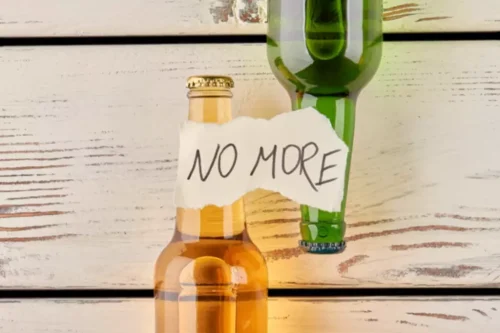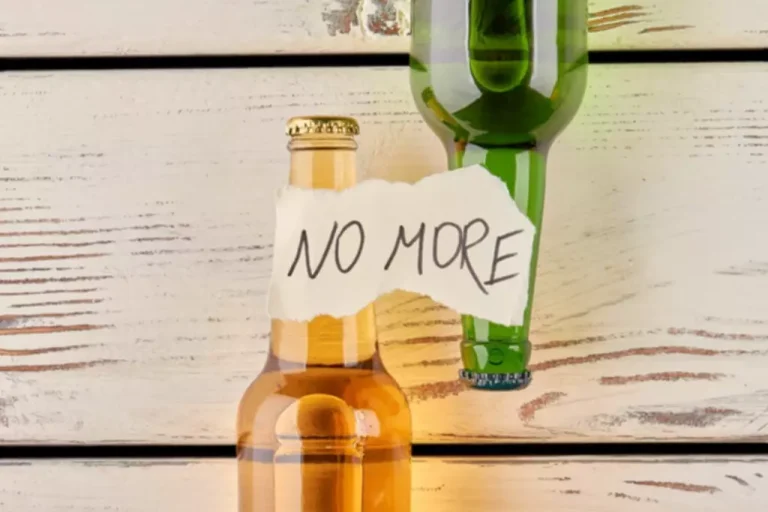
When a person is intoxicated, their emotions, judgment, and decision-making are impaired. Leaving isn’t always the best answer, but letting a partner’s addiction control your life isn’t healthy either. Your job as a loving and supportive partner is to encourage your loved one to get help, but you can’t force them. Recovery is a process that requires a lifelong commitment, and they have to be dedicated to it.
Treatment & Support
According to the National Institute of Drug Abuse, alcohol can create a space for perpetrators to seek out vulnerable individuals, leave people incapacitated or unable to defend themselves, and create a way for perpetrators to justify their behavior or diminish their responsibility. This doesn’t necessarily mean that we should avoid alcohol completely of course, but it is important to understand how alcohol can affect us and our relationships with those around us, and the benefits of cutting down or going alcohol-free. A support group such as Al-Anon Family Groups may also be a helpful source of support when you have someone in your life with a drinking problem.

Signs alcohol may be affecting your relationship
For example, if your loved one passes out in the yard and you carefully help them into the house and into bed, only you feel the pain. The focus then becomes what you did (moved them) rather than what they did (drinking so much that they passed out outside). If family members try to “help” by covering up for their drinking and making excuses for them, they are playing right into their loved one’s denial game.
- These patterns indicate that alcoholic couples are more similar to distressed nonalcoholic couples than they are to nondistressed, nonalcoholic couples, and suggest that alcohol has a maladaptive rather than adaptive influence on marital functioning.
- The DAS also includes several subscale scores (affection, cohesion, consensus, and satisfaction) that are not used often in this literature.
- If drinking is now part of your past, there are steps you can take to stay sober and avoid a relapse.
- In addition to the financial and emotional toll alcohol misuse can have, domestic violence and child abuse may occur.
- While alcohol intoxication and a pattern of heavy alcohol consumption are robust correlates of IPA perpetration, there has been limited research that examines this association from a dyadic perspective.
Support Groups for Families of Alcoholics
When someone with alcohol dependency promises they will never drink again but a short time later are back to drinking as much alcohol and relationships as always, it is easy to take the broken promises and lies personally. Your relationships are arguably the most important aspect of your life, and no amount of alcohol is worth losing your friendships and family relationships. Just know couples therapy will likely only have benefit if they’re willing to do some self-work at the same time, either through individual therapy or an AUD treatment program.

1. Evidence for causal inference
- Importantly, extant literature does not exclusively establish IPA perpetrator variables as instigators, impellors, or inhibitors/disinhibitors.
- A study conducted by XYZ Research Institute found that individuals who reported higher levels of alcohol consumption were more likely to engage in infidelity compared to those who consumed alcohol in moderation or abstained from it altogether.
- First, the most disconcerting problem in this literature is the relatively small samples that were employed (see Table 1B).
- One notable contribution of this approach is the potential to detect Actor × Partner interactions, which directly reflect the joint effects two partners’ myriad characteristics on IPA perpetration.
- Research has shown a correlation between alcohol consumption and infidelity.
The effects of alcohol on behavior can create doubts and uncertainties https://ecosoberhouse.com/article/how-long-does-a-hangover-last-how-to-ease-a-hangover-tips/ about a partner’s actions and intentions. Marital functioning is often assessed using intraindividual measures of marital satisfaction. Marital satisfaction is a common way to distinguish between maritally distressed and nondistressed couples and has been an integral part of marital research for many decades (e.g., Terman, 1938). Common marital satisfaction items might ask a respondent how happy they are in the marriage, whether they feel supported by their partner, how often they argue, and whether they have ever regret getting married. Eighteen of the 24 satisfaction studies in Table 1A assessed marital satisfaction with the Short Marital Adjustment Test (MAT; Locke & Wallace, 1959) and/or the Dyadic Adjustment Scale (DAS; Spanier, 1976).
- Disagreements may turn into heated arguments faster, and small issues might feel bigger than they are.
- It is not meant to be exhaustive; rather, it is meant to serve as a foundation and springboard for future studies, and as a point of departure for more elaborate, comprehensive theoretical models of risk.
- The results of several studies propose that alcohol may influence energy intake by inhibiting the effects of leptin, or glucagon-like peptide-1 (GLP-1) 56, 57.
- Lean on close family and friends, find a therapist, and join a community mutual-help group made up of others like you—the partners, parents, and other loved ones of individuals with alcohol use disorder.
- Three other studies found similar results, indicating that men who were more frequently drunk were more likely to be verbally and physically violent toward their partners (Coleman & Straus, 1983; Hutchinson, 1999; Kantor & Straus, 1989).
- Find a brighter tomorrow by starting with our compassionate team of medical professionals and recovery specialists today.
- The answers to these questions can help you determine if and when it is time to leave a relationship with a partner who has an alcohol use disorder.
Increased Risk-Taking Behaviors
For example, if you’ve forgotten important dates due to drinking or canceled plans from a severe hangover, your drinking may be causing relationship problems. Drinking problems can adversely change marital and family functioning, but they may also increase due to family problems. Addiction can cause you to value spending money on alcohol instead of prioritizing financial health for yourself and your family. Aside from the security, the female bartenders are also engaged in recognizing dangerous behavior. Douglas County, where KU is located, has a 22% excessive drinking rate, which is the second highest in the state of Kansas, statistics show. The first being Riley County, where Kansas State University is located, with a 25% excessive drinking rate.

You might introduce this topic while relaxing on Saturday afternoon, for example, not right before bed after a long and stressful workday. Establishing a safe space can build trust, so showing them you won’t use harsh language or say unkind things can encourage them to open up more candidly about their drinking. Your partner’s drinking doesn’t mean they want to hurt you or don’t care about you. You wouldn’t blame yourself if your partner had cancer, heart disease, or arthritis, would you?
First, it has been found that alcohol intake increases energy expenditure, likely due in part to the fact that it has a high thermogenic effect 53. It has also been suggested that some of the energy ingested as alcohol is ‘wasted’, due to the activation of the inefficient hepatic microsomal ethanol-oxidizing system (MEOS). The MEOS is induced through chronic alcohol intake, and the level of induction increases with increased intake 54, 67.

People may develop a maladjustment to a loved one’s drinking that causes them to enable it through the process of caring for it. Individuals who misuse alcohol experience physical impairments that can draw others into caring for them. While some individuals may be able to resist the urge to help, many will not, especially spouses, children, and other family members or concerned individuals in the person’s immediate environment. When your drinking causes blackouts, memory loss or sickness, it can significantly impact intimate activities.